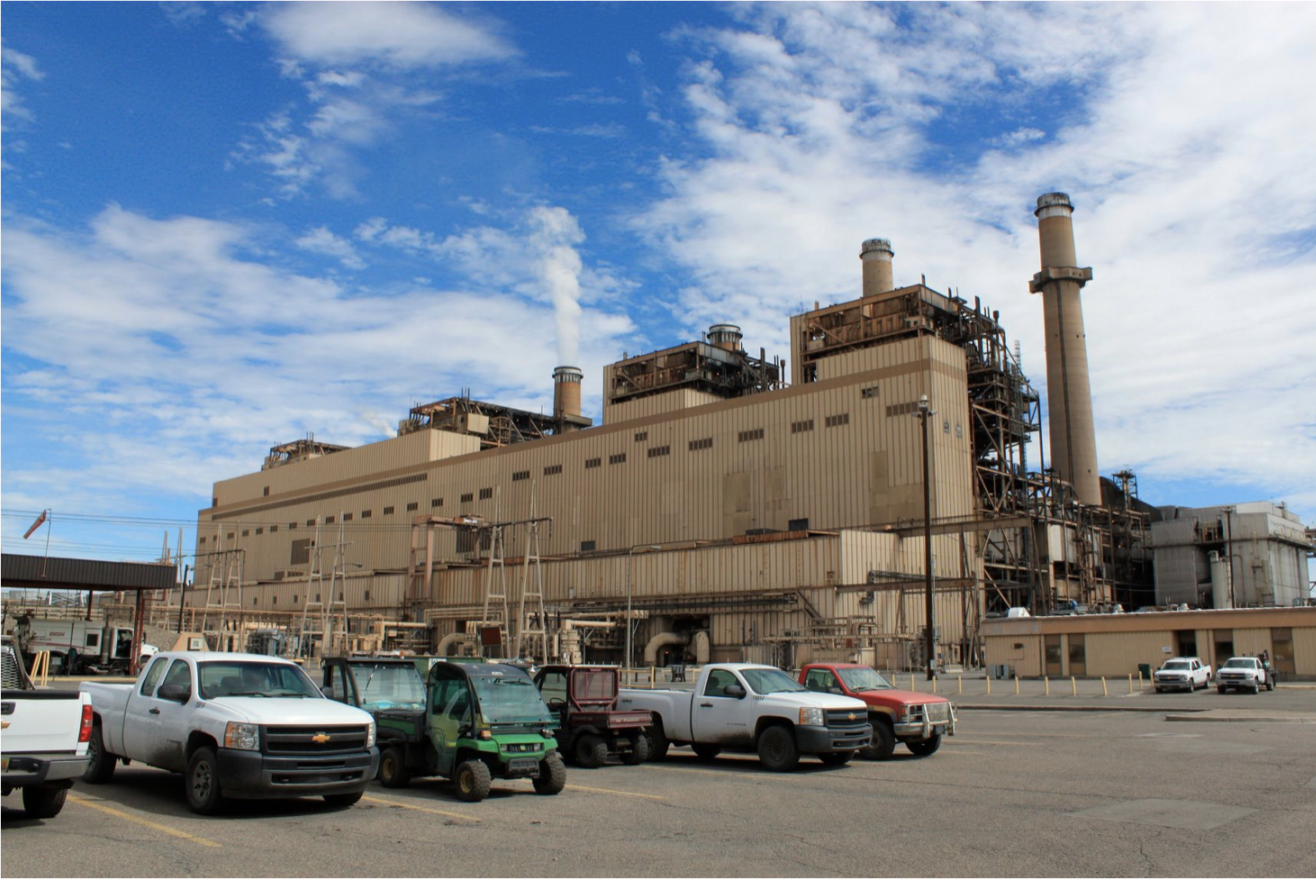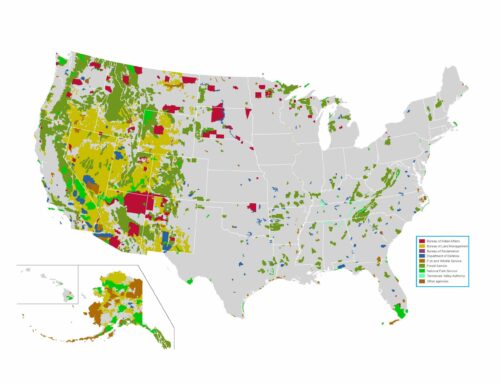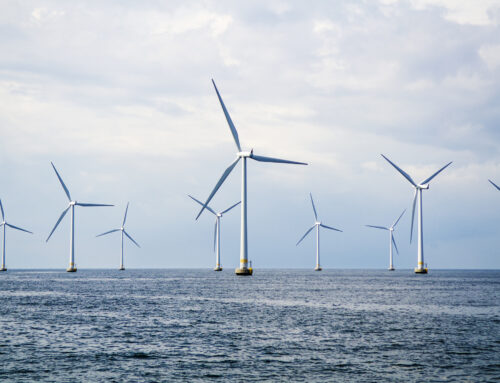by Steve Milloy, E&E Legal Senior Policy Fellow
As Appearing in the Wall Street Journal
Two energy reports show the U.S. is burdening and dismantling its grid to achieve an impossible goal.
‘Net zero by 2050” is more than a slogan of climate activism. It has become a chief organizational principle for multinational corporations and the BlackRock-led cartel pushing environmental, social and corporate governance investing.
“Net zero” was mentioned in more than 6,000 filings with the Securities and Exchange Commission in 2022 and countless other times by publicly traded corporations and investor groups in statements and on their websites. The SEC says its proposed climate disclosure rule will help investors “evaluate the progress in meeting net-zero commitments and assessing any associated risks.”
“Net zero” and its corollary, the “energy transition,” are talked about so often and so loosely that many take them for granted as worthy goals that could be accomplished with greater buy-in from political and business leaders. But two new reports from the utility industry should put an end to such loose talk.
In September, the Electric Power Research Institute, the research arm of the U.S. electric utility industry, released a report titled “Net-Zero 2050: U.S. Economy-Wide Deep Decarbonization Scenario Analysis.”
The EPRI report concludes that the utility industry can’t attain net zero. “This study shows that clean electricity plus direct electrification and efficiency . . . are not sufficient by themselves to achieve net-zero economy-wide emissions.”






